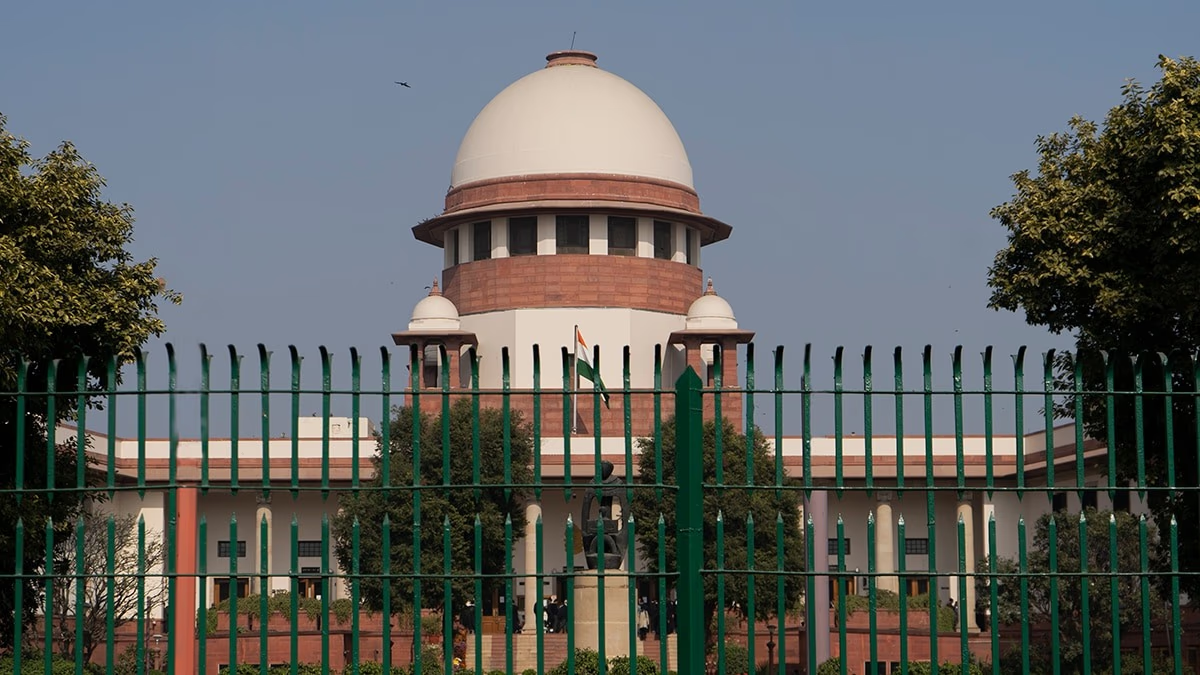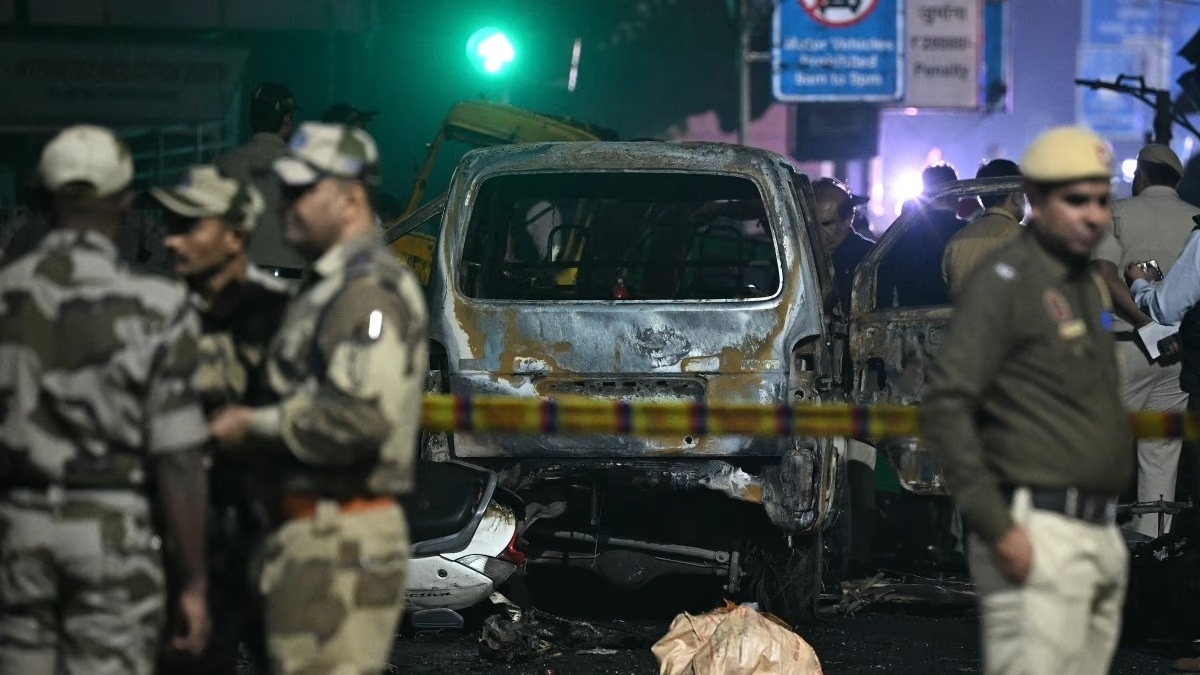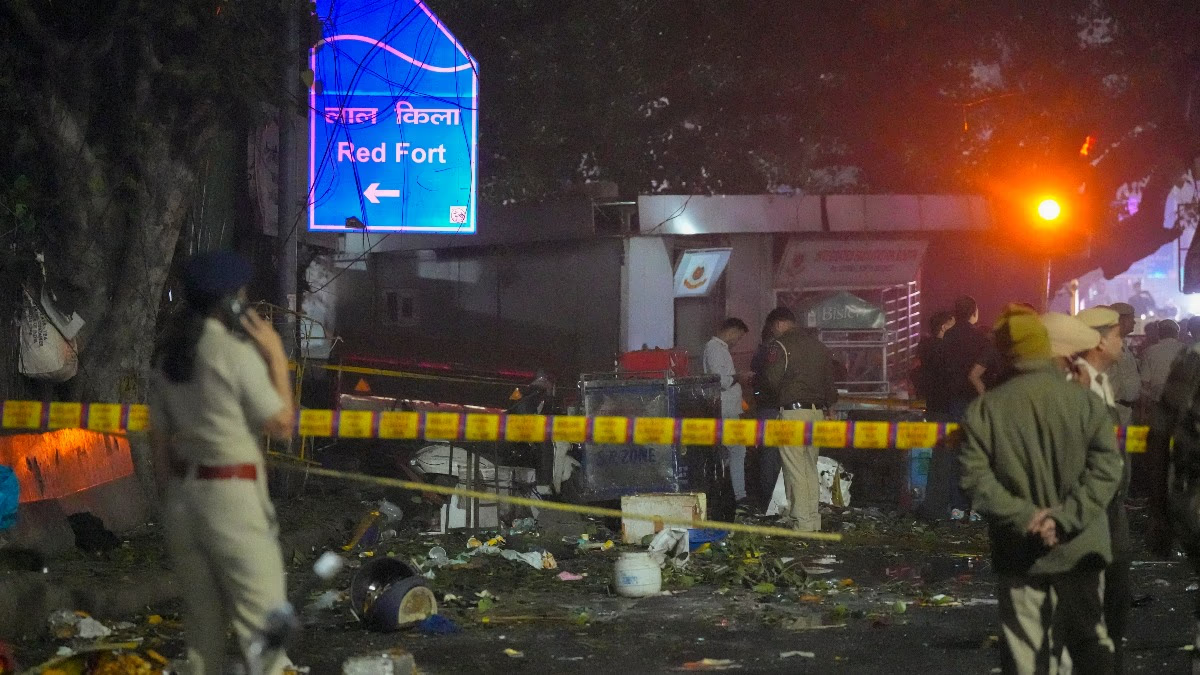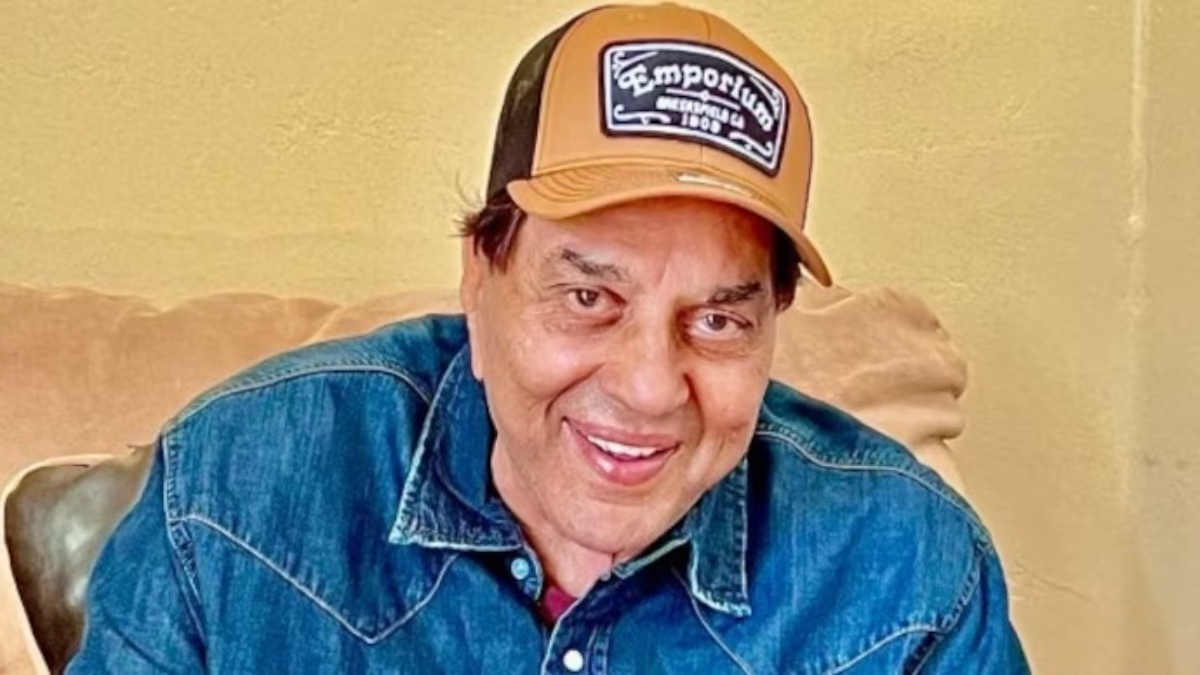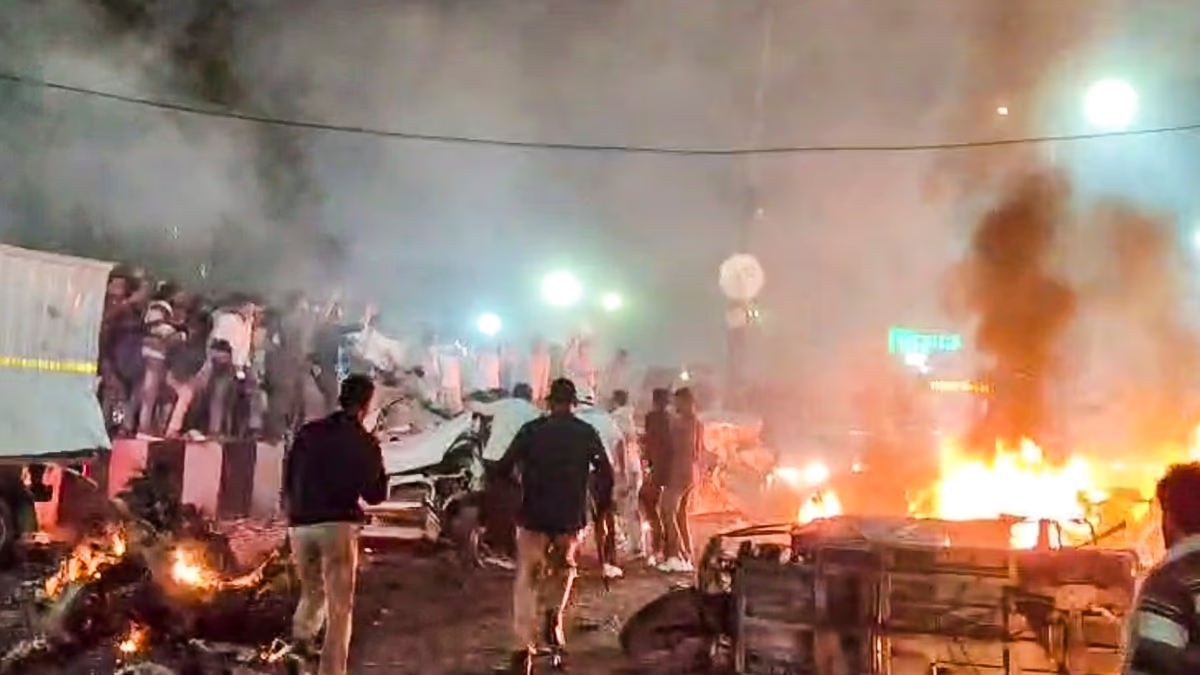This week, the Supreme Court's constitutional bench is poised to deliver verdicts on five significant cases. These cases have been presided over by Chief Justice D.Y. Chandrachud himself. Justice Chandrachud is set to retire on November 10, indicating impending judgments on issues like the minority status and national character of Aligarh Muslim University, among others. Other notable cases include those related to Madrasa laws, changes in recruitment rules post-hiring in government services, questions on motor vehicle licenses, and changes in property distribution regulations.
Amendments in Recruitment Rules
A pivotal inquiry concerns the legal ramifications of changing recruitment rules post-appointment in government jobs. The constitutional bench of five judges will deliver their verdict on whether such post-appointment modifications are permissible and, if so, the scope of their impact, timeline, and jurisdiction. The case originates from challenges in the Rajasthan High Court about the appointment of translators.
Case Involving LMV License Holders
Another key matter concerns light motor vehicle (LMV) license holders. The Supreme Court's constitutional bench, comprising five judges, will address if LMV license holders can drive transport vehicles up to 7,500 kilograms in weight. The hearing led by the CJI was concluded on August 21, with the decision reserved.
Verdict on Rights Concerning Property Distribution
The nine-judge constitutional bench is expected to pronounce its ruling on the constitutional rights related to property distribution. The bench, led by the Chief Justice, will decide whether the government can acquire private property and redistribute it. The bench has reserved its decision concerning Article 39(b) related to redistribution in the public interest.
Madrasa Law Validity Reserved
Apart from these constitutional inquiries, a bench led by Chief Justice D.Y. Chandrachud reserved its judgment on the validity of Madrasa laws in Uttar Pradesh. This comes amid challenges to an Allahabad High Court decision that deemed the UP Madrasa Act unconstitutional and called for children’s accommodation in government schools.
Will AMU Retain Its Minority Status?
The Supreme Court may deliver its verdict this week on the minority status of Aligarh Muslim University (AMU). Given that the seven-member constitutional bench handling the case is led by Chief Justice D.Y. Chandrachud, who retires on November 10, a decision is imminent. The bench concluded an eight-day hearing on February 1, indicating a significant delay of nine months for the verdict.
During the hearings, the central government opposed the minority status of Aligarh Muslim University, arguing it serves no purpose. Chief Justice D.Y. Chandrachud also advocated for educational institutions to be inclusive rather than restricted by minority status.
In its written arguments, the current NDA government adopted a stance opposite to that of the UPA government a decade ago, through submissions by Solicitor General Tushar Mehta. The government contended that AMU should not be labeled as a minority institution due to its national character, emphasizing that AMU has historically been a university of national importance, not confined to any particular faith.
